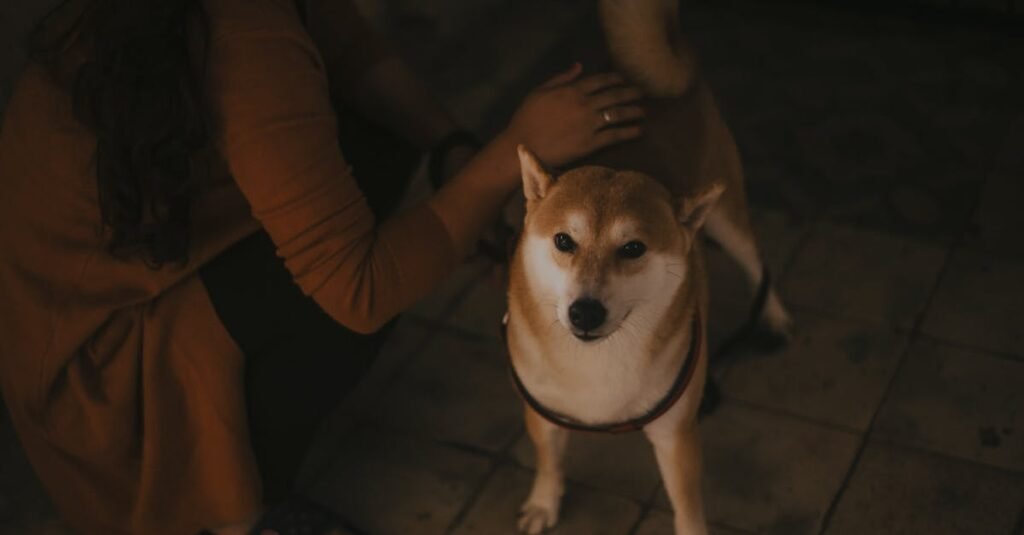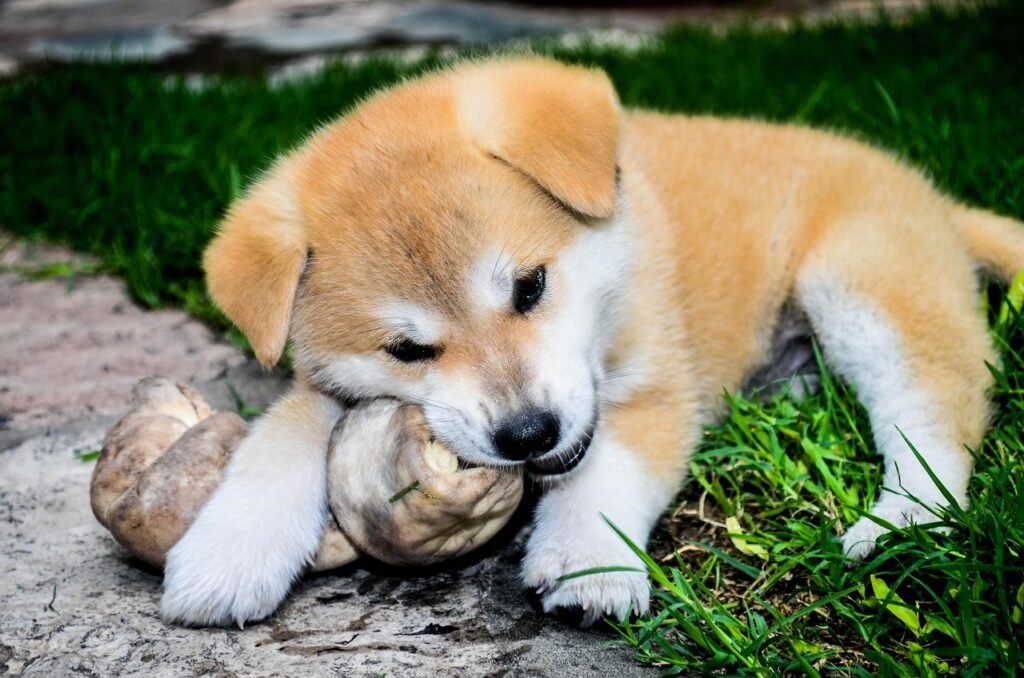Akita Dog Breed
The Akita is a large and powerful dog with an unmistakable air of dignity. Known for loyalty, courage and striking good looks, this breed commands respect wherever it goes. Originating in Japan, the Akita has long been cherished as a devoted family guardian and an enduring symbol of protection and honor.
1. HISTORY OF THE Akita
The Akita’s story begins in the rugged mountains of northern Japan in the early 1600s. Bred to hunt formidable game such as wild boar, elk and even bears, the Akita was prized by Japanese nobility for its courage, strength and unwavering devotion. These dogs were not only hunters but also protectors of their owners and property.
Their fame spread globally in the 20th century thanks to the legendary Hachiko, an Akita who waited for his owner at a Tokyo train station every day for nearly 10 years after the owner’s passing. Hachiko’s story touched hearts worldwide, and today a bronze statue of him stands at Shibuya Station as a tribute to his loyalty. In Japan, Akitas are still regarded as symbols of good fortune, health and devotion.
2. APPEARANCE
The Akita is a powerful, well-proportioned dog built for endurance. Males stand 26 to 28 inches tall and weigh 100 to 130 pounds, while females are slightly smaller at 24 to 26 inches and 70 to 100 pounds. They have a broad head with a strong muzzle and deep-set dark eyes that give a calm but confident expression.
Their ears are erect and slightly forward-facing, enhancing their alert presence. The thick double coat comes in a range of colors including white, brindle, and various shades of red or fawn. The fur is dense and weather-resistant, protecting them from cold climates. Their distinctive plumed tail curls over the back, adding to their regal stance.
3. Personality and Temperament
Akitas are known for their unmatched loyalty. They are deeply bonded to their families and protective of their homes. With strangers they can be reserved and watchful, but with loved ones they are affectionate, gentle and often surprisingly playful.
They are intelligent and independent, traits that make them both fascinating and challenging. Akitas are natural leaders and can be dominant with other dogs, particularly of the same sex. They have a strong prey drive and may not be suitable for homes with smaller animals unless introduced carefully and supervised.
Although they are not constant barkers, Akitas are highly communicative through body language and soft vocalizations. Their calm demeanor indoors contrasts with their confident and alert nature outdoors, making them both loyal companions and capable guardians.

4. Care and Grooming
The Akita’s dense double coat sheds moderately throughout the year and heavily twice a year during seasonal changes when they “blow” their coat. Weekly brushing is usually enough during normal shedding, but daily grooming is necessary during heavy shedding periods to control loose hair and maintain coat health.
Bathing should be occasional to preserve natural oils, and ears should be checked regularly for cleanliness. Nails should be trimmed frequently, and dental care should be part of their routine.
While Akitas are calm inside the home, they still need daily exercise to stay physically and mentally fit. A brisk walk or play session in a secure yard works well, but they also enjoy activities like hiking in cooler weather. They appreciate variety in their routine and benefit from training sessions that challenge their intelligence.
5. Health Considerations
Akitas are generally healthy but can be prone to certain breed-specific health issues:
-
Hip dysplasia — a genetic condition affecting joint stability.
-
Hypothyroidism — can cause weight gain, skin changes and lethargy.
-
Progressive Retinal Atrophy (PRA) — an eye disease that can lead to vision loss.
-
Bloat (Gastric Dilatation-Volvulus) — a life-threatening condition requiring immediate attention.
A balanced diet, regular exercise and consistent veterinary care are key to keeping an Akita healthy. Owners should be aware of bloat symptoms and feed multiple small meals instead of one large daily portion to help reduce risk.
6. Akita as a Family Pet
Akitas can be deeply affectionate with their families and protective of children, especially when raised with them. They are not always the best match for very young children due to their size and strength, but with older kids they can be gentle and watchful companions.
They do best in homes where they can have a clear role and structure. This is a breed that thrives when given firm yet respectful leadership. They are happiest when they are included in family activities and not left alone for long periods.

7. Is the Akita Right for You?
If you want a loyal, courageous and strikingly beautiful dog that will stand by you with quiet devotion, the Akita may be the breed for you. They are best suited to experienced owners who understand their independent nature and can provide consistent training, early socialization and a stable environment.
For those who can meet their needs, the Akita offers unmatched loyalty, intelligence and companionship — a truly noble guardian and friend.

